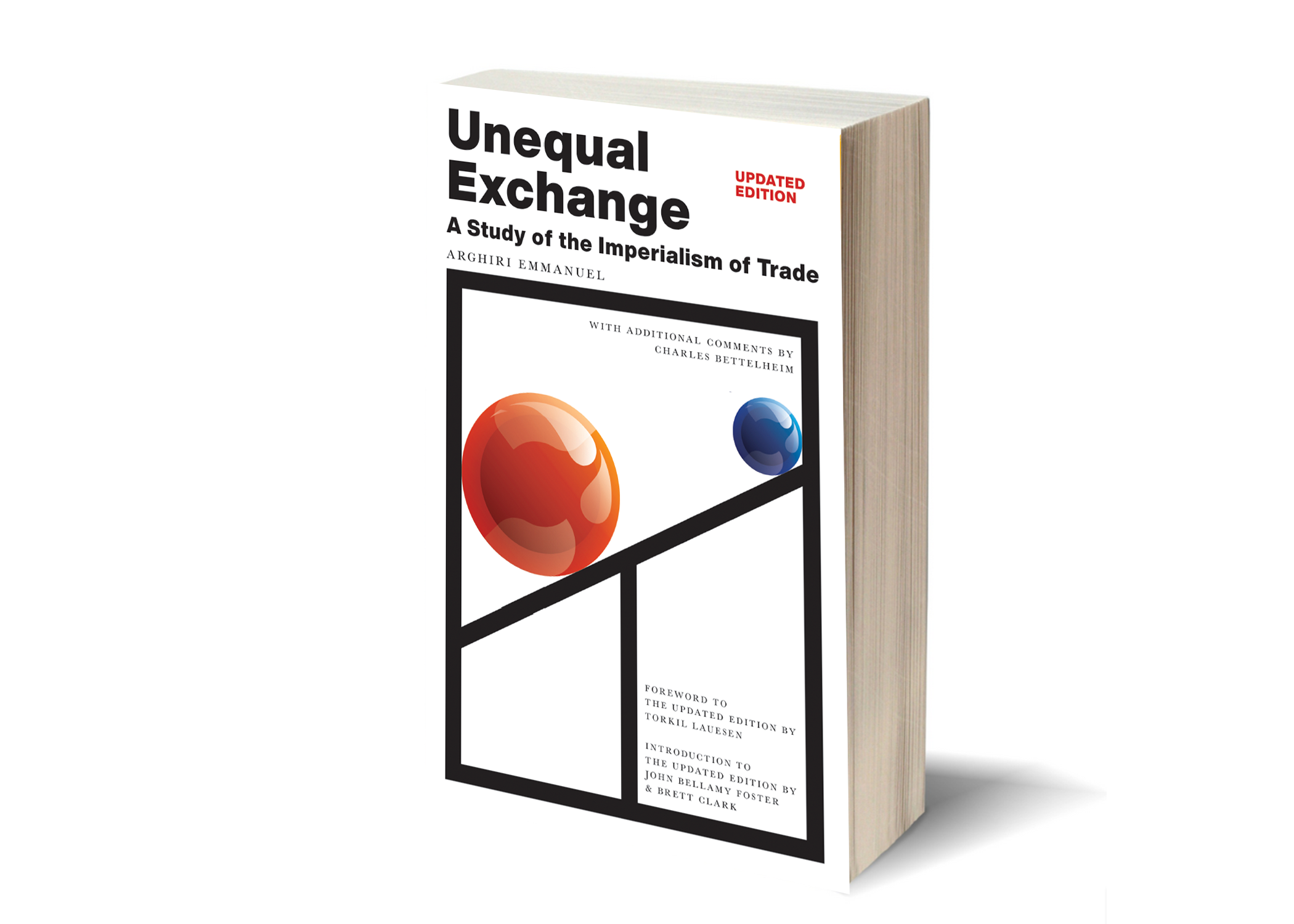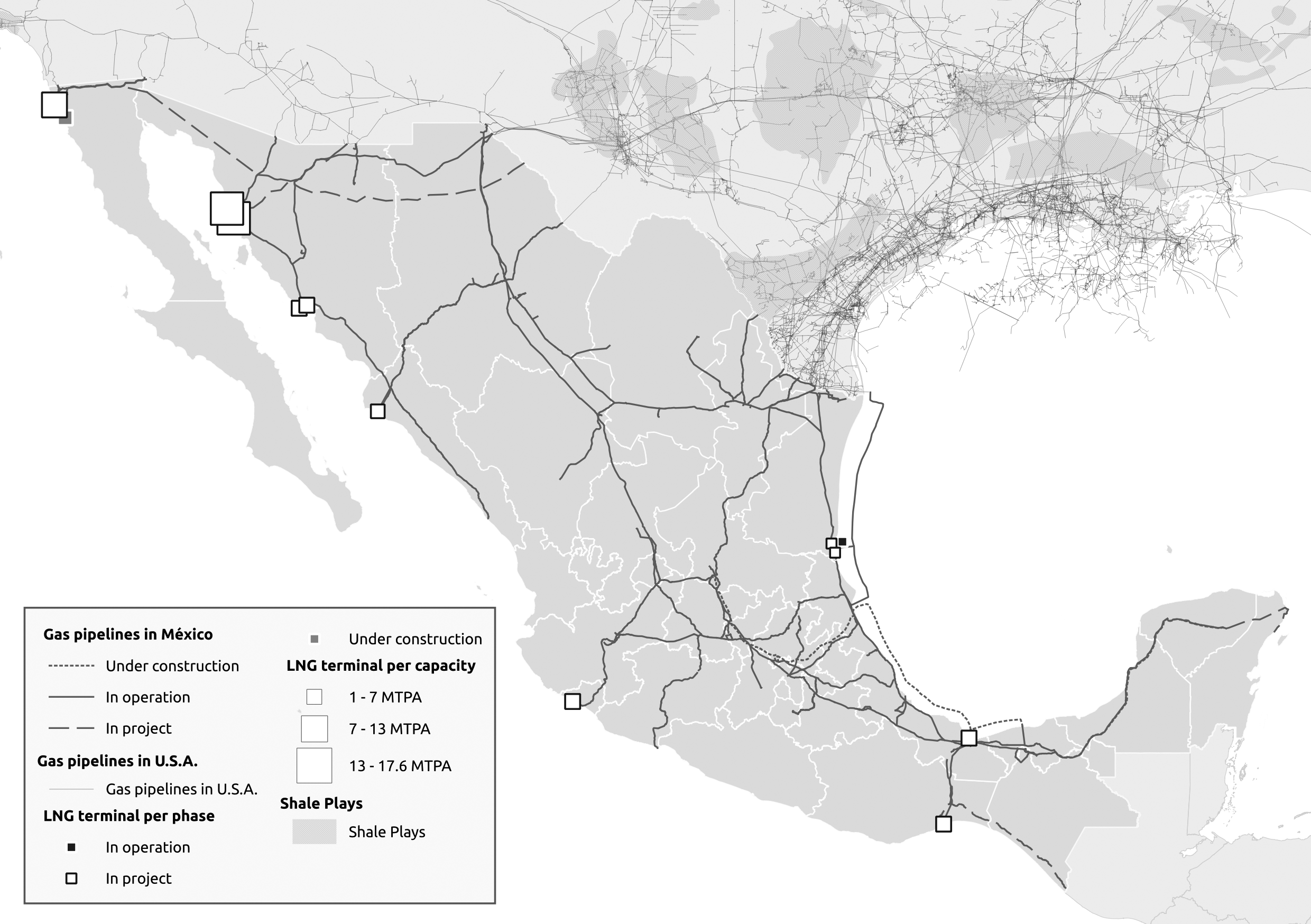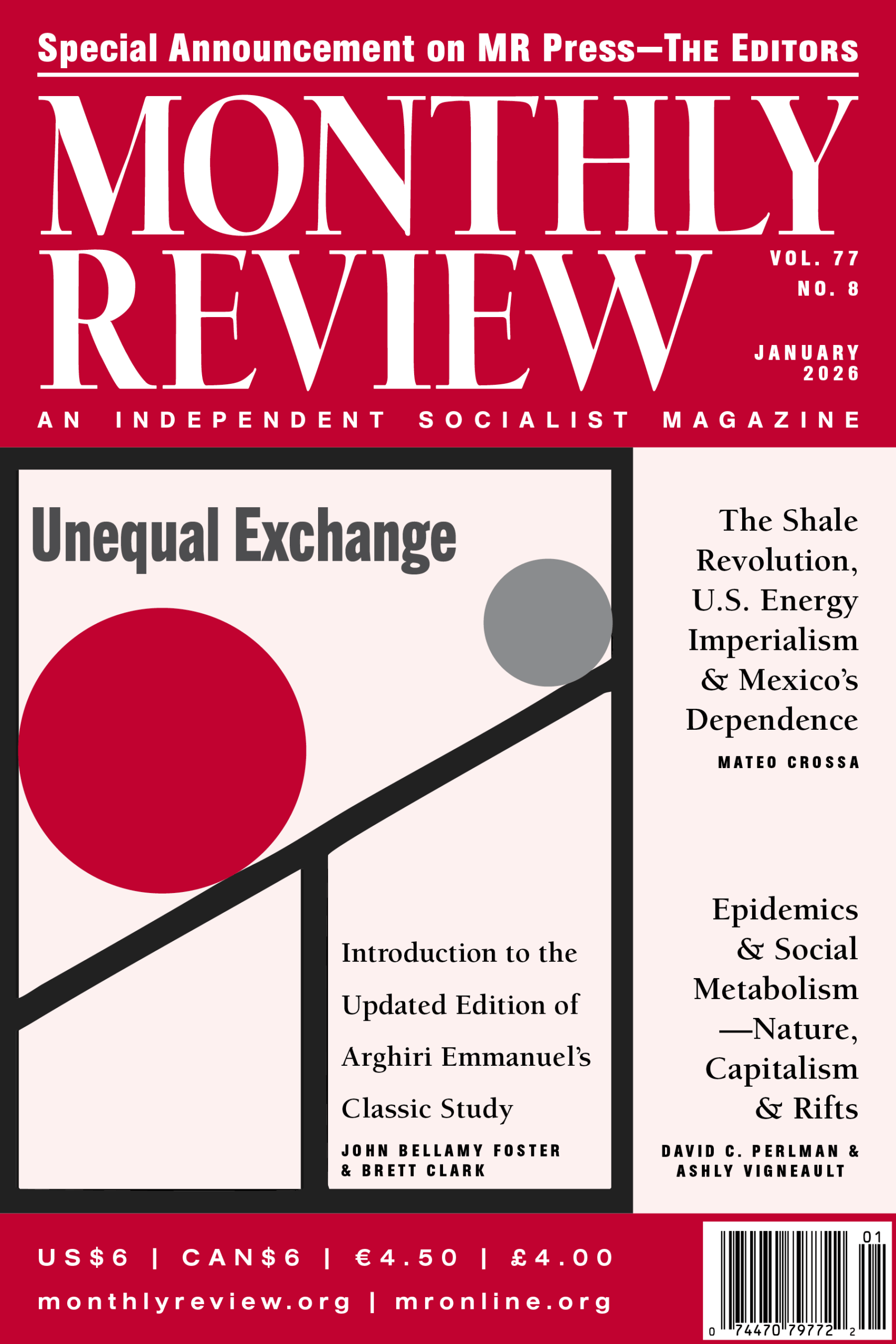 Review of the Month
Review of the Month
Introduction to the Updated Edition of Arghiri Emmanuel’s ‘Unequal Exchange’
 Article
Article
Epidemics and Social Metabolism: Nature, Capitalism, and Rifts
 Memorial
Memorial
Robert W. McChesney (1952–2025): A Personal and Political-Intellectual Memoir
 Memorial
Memorial
Bob McChesney: A Life Well Lived
 Article
Article
A Democratic Socialist in Our Age
 Article
Article
A Clarion Call for Communication Democracy
 Article
Article
Communication Should Be a Rebellious Field!
 Article
Article
Be Realistic, Demand the Impossible
 Article
Article
Reinventing Local Journalism: Carrying Forward Bob McChesney’s Unfinished Project
 Article
Article
Capitalism in the Age of Digital Technology
 Article
Article
Fiftieth Anniversary Retrospective on Pomfret (Class of 1971)
 Article
Article
The Anti-Monopolist
CLASSICS

This January, scholars and activists from around the world will come together for the inaugural convening of UE21, Unequal Exchange in the Twenty-First Century, hosted by the Arghiri Emmanuel Association, and Anti-Imperialist Network.
+ read more“Anthropology is a child of Western imperialism,” asserted the Marxist anthropologist Kathleen Gough in 1968, during an intense period of anti-colonial struggle in Asia and Africa. Since then, this assertion,... READ MORE
+ read more
"Within months after the United States entered the war, progressives and social democrats became the primary targets of repression. Unfortunately, far too often, they relied on the good faith of the authorities..."
+ read moreOn January 3, 2026, at two o’clock in the morning, the United States declared war on Venezuela by bombing several strategic sectors of the capital and kidnapping the elected president, Nicolás Maduro. The latter, the victim of a betrayal at the highest level, was captured by elite troops from U.S. Special Forces during an operation that lasted barely half an hour. He was transferred to New York, accompanied by his wife, Cilia Flores, who was also seized during Operation Absolute Resolve.
+ read more














